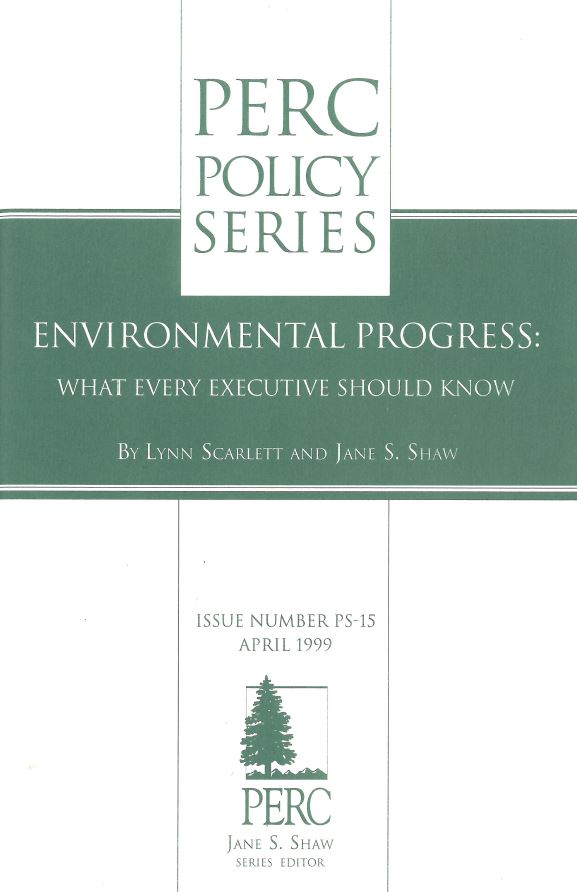A new paper challenges conventional wisdom about the role of business in environmental issues. Written primarily for business executives, it offers new ideas for addressing environmental challenges while keeping a principled commitment to market competition, consumer choice, and innovation.
Author Archives: admin
Legislating Ideals
Around 1970, the government began to go beyond enforcing society’s norms and began imposing intellectually generated ideals on society. As a graduate of Yale Law School in 1968, I was a part of this process. My contemporaries and I were instrumental in helping to launch the Environmental Protection Agency, as well as the NaturalContinue reading “Legislating Ideals”
Why I am an Organic Farmer
I was not born an organic farmer or raised or educated as one. One step at a time, however, I converted my farm from conventional agriculture to the completely different system known as organic farming. Organic farming has often been misunderstood and misrepresented, and it has been defined in many ways. Over the years theContinue reading “Why I am an Organic Farmer”
Environmental Education
In one of my favorite Calvin and Hobbes vignettes, a dejected Calvin is standing at a booth in his yard where he is trying to sell swift kicks in the rear for a dollar. When Hobbes the tiger asks how business is going, a nonplused Calvin replies that it’s terrible, adding indignantly, “I don’tContinue reading “Environmental Education”
More Market Perspectives
Fort Peck Dinosaur Discoveries of McCone County, Montana, is trying to save debt-ridden ranchers by helping them harvest dinosaur bones. Tourists can hunt for bones on private land, accompanied by a guide, and will receive a finder’s fee for any specimens they manage to track down. Dinosaur Discoveries will sell the fossils and share halfContinue reading “More Market Perspectives”
Consequences of Climate Change
During the transition to climate change, some species will be favored and some disfavored. The net economic consequences will depend on whether and how quickly humans take advantage of the changes. Most discussions of large-scale ecological change simply assume that the consequences will be harmful and that centralized government action is the best wayContinue reading “Consequences of Climate Change”
Straw Houses Withstand Huffs And Puffs
To many of us, straw is nothing more than brown stubble left behind after the harvest. Once considered an agricultural waste product, straw is the basis of a cost-effective and energy-efficient building material, providing an alternative to expensive lumber. In Perrytown, Texas, on the high plains of the panhandle, Cindy Thyfault of Stramit USA isContinue reading “Straw Houses Withstand Huffs And Puffs”
Ancient Apples
Duchess of Oldenburg, Maiden’s Blush, Esopus Spitzenberg, and Black Gilliflower. These are not exactly household names for those of us on the threshold of the 21st century, but they were as familiar to early American settlers as Granny Smiths and Golden Delicious are to us today. These ancient strains have all but disappeared from commercialContinue reading “Ancient Apples”
Ashes to Concrete
One man’s trash is another man’s treasure is more than an old adage to several American companies. It is the key to their financial success. These firms are recycling the ash from trash incinerators and coal-burning electric generating stations and giving it new life as a construction material. It can be used in concrete, cement,Continue reading “Ashes to Concrete”
Engineering Nature
When employees of a Toronto business complained of headaches, irritated eyes and lethargy, all symptoms of the increasingly common “sick building syndrome,” their CEO called in a biologist. Typically, the answer has been to hire a phalanx of engineers and drain the bank account in an effort to alleviate the problem. In this instance, however,Continue reading “Engineering Nature”









